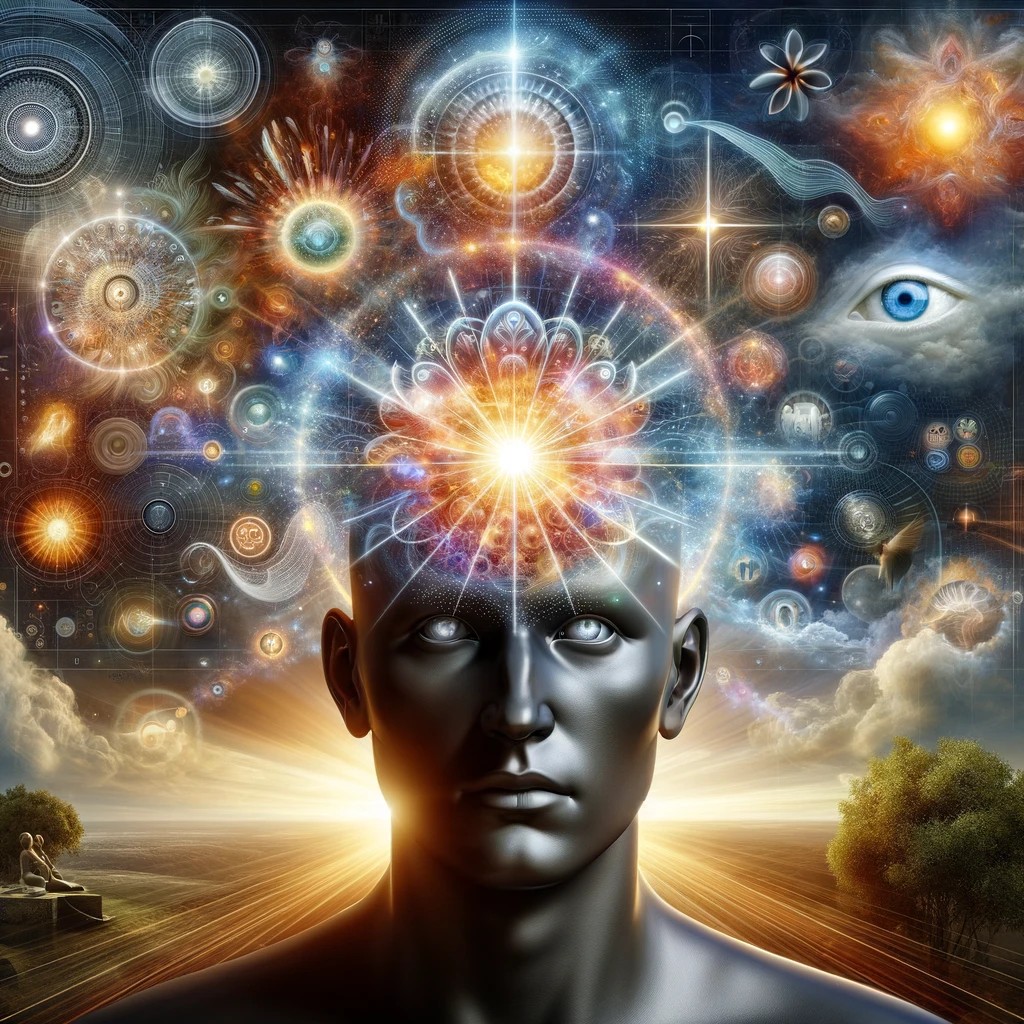
Consciousness, a complex and multifaceted phenomenon, is fundamental to the human experience. It encompasses our awareness of ourselves, our thoughts, and the external world. This executive summary delves into the various dimensions and perspectives on consciousness, highlighting its importance in understanding human behavior, cognition, and the nature of existence itself.
Key Aspects:
- Defining Consciousness:
- Consciousness is the state of being aware and capable of thought. It involves the ability to experience sensations, perceive reality, and have self-awareness. This includes not only being conscious of the external world but also of one’s internal mental state.
- Theories of Consciousness:
- Various theories attempt to explain consciousness, ranging from biological and neurological perspectives to philosophical and psychological approaches. These theories address questions about how consciousness arises and its fundamental nature.
- Neurological Basis of Consciousness:
- Neurology studies how the brain’s structure and function contribute to consciousness. This includes examining specific brain regions, neural networks, and how brain activity correlates with conscious experience.
- Consciousness in Psychology:
- Psychology explores how consciousness affects and is affected by mental processes such as perception, cognition, emotion, and behavior. This includes the study of altered states of consciousness, like sleep and dreaming.
- Philosophical Considerations:
- Philosophical discussions of consciousness delve into more abstract concepts like the mind-body problem, the nature of self, and the problem of other minds. These discussions often explore the subjective nature of consciousness and its implications for understanding reality.
- Consciousness and Artificial Intelligence:
- With advances in technology, questions arise about artificial intelligence and whether machines can achieve a form of consciousness. This prompts ethical, technical, and philosophical discussions about the nature of consciousness and intelligence.
Conclusion:
Consciousness is an integral aspect of human life, influencing how we perceive and interact with the world. Its study crosses multiple disciplines, each contributing to a deeper understanding of this complex phenomenon. While much progress has been made in understanding consciousness, it remains one of the most intriguing and elusive subjects, with many unanswered questions continuing to stimulate research and debate across various fields.